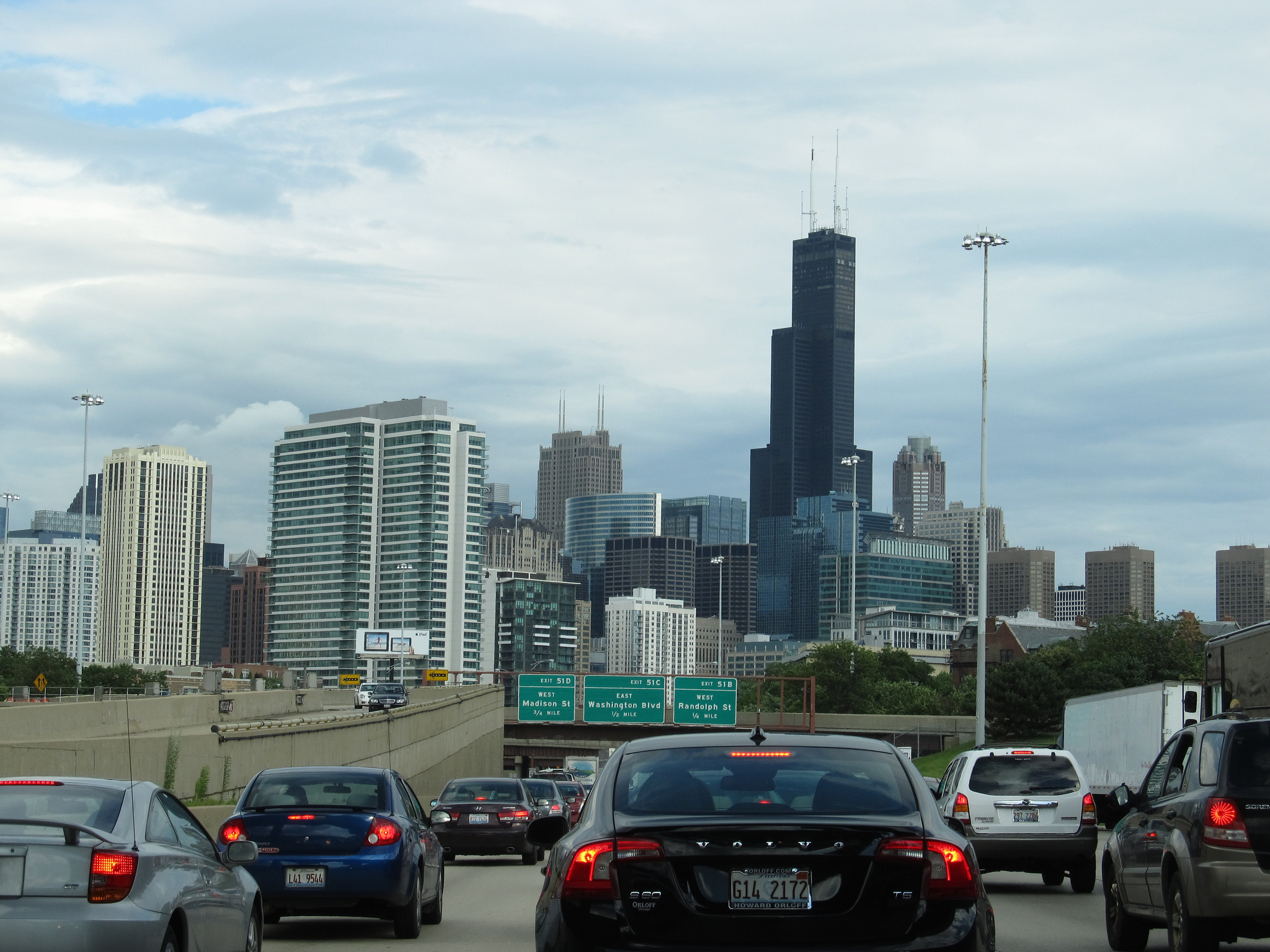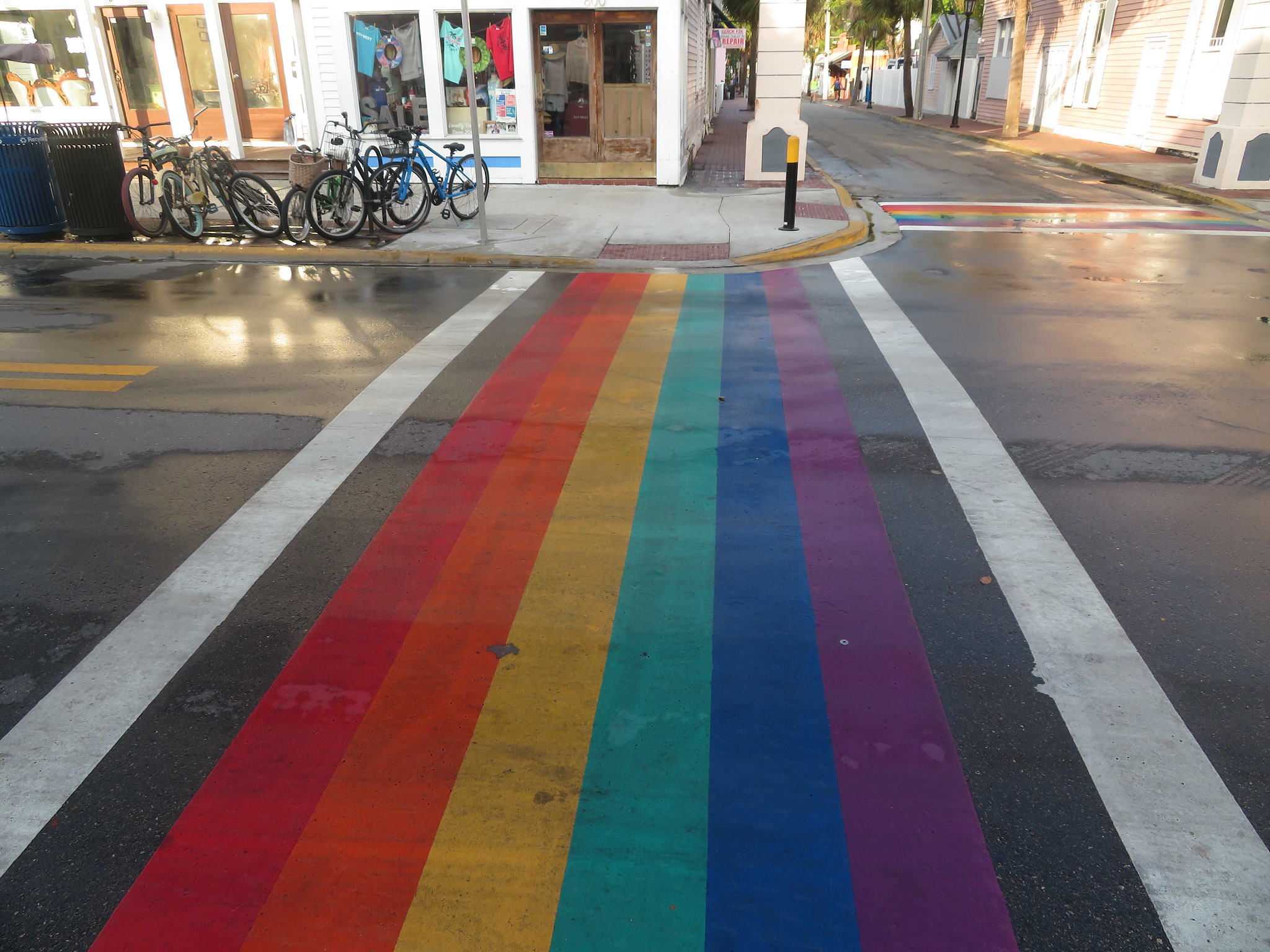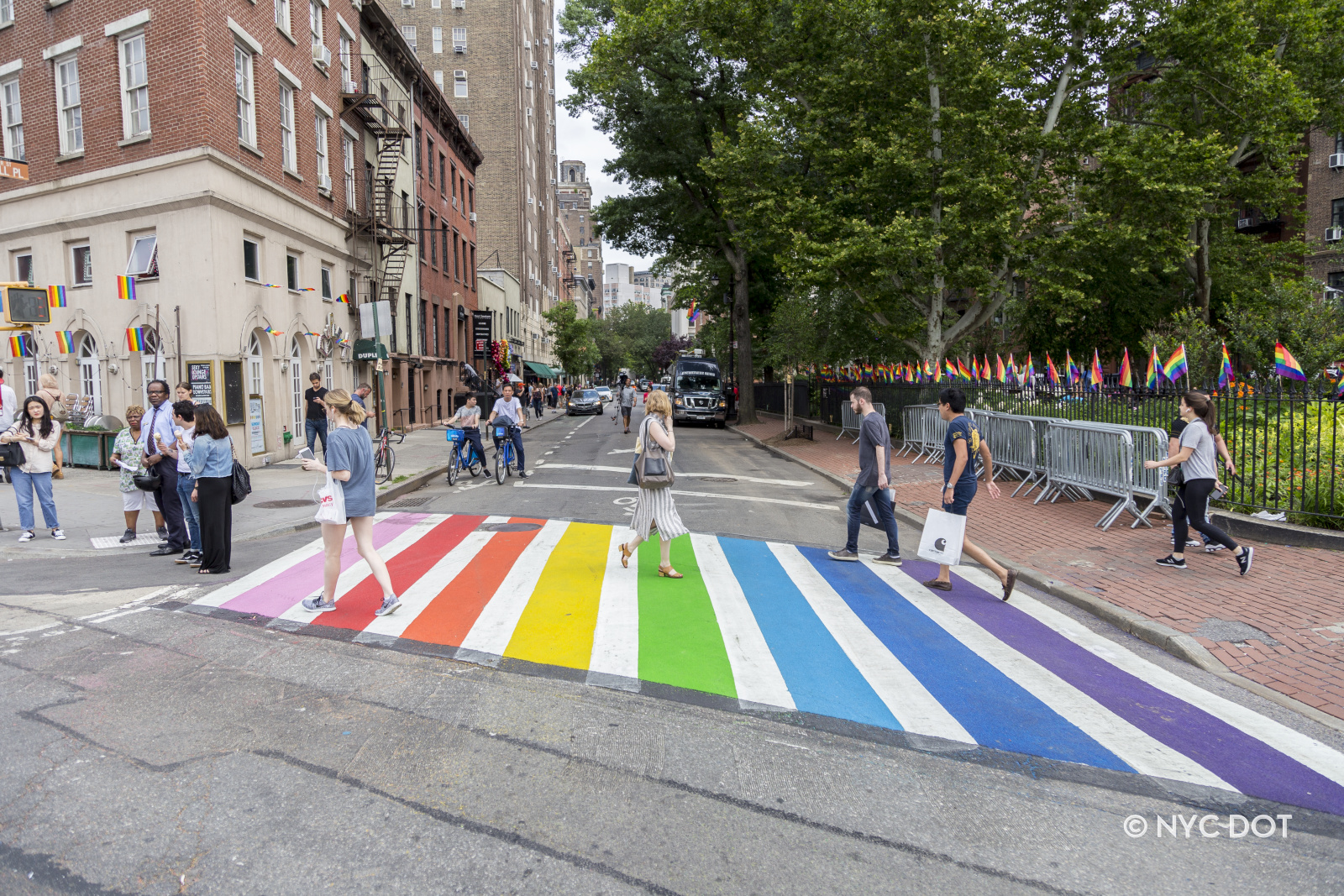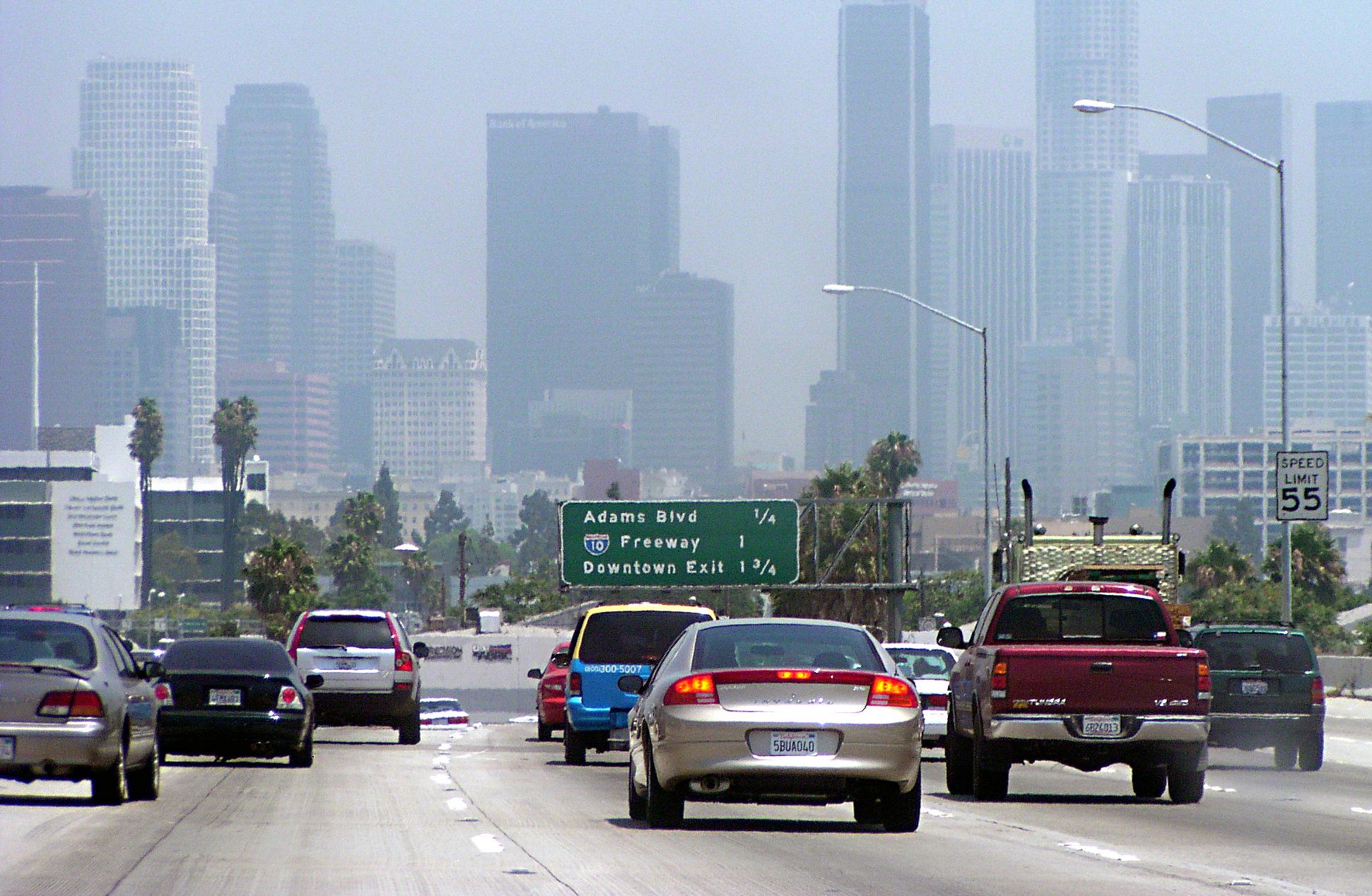In this year's installment of its annual “Highway Boondoggles” report, Gideon Weissman of Frontier Group and Matthew Casale of U.S. PIRG Education Fund deliver a stark warning about the billions of dollars states spend on unnecessary highways that fracture our cities, deprive transit of scarce funds, and pollute our environment. Below is the fifth of nine installments detailing case studies of these harmful roadways: The Tri-State Tollway, which will get a $4 billion expansion even though it was widened twice.
The Tri-State Tollway (I-294), which runs through the western Chicago suburbs to O’Hare Airport, is a testament to the fact that you can’t build your way out of congestion. Despite having been widened twice, in the 1970s and 1990s, the Illinois Tollway is moving forward with a $4 billion project to widen the road from four lanes in each direction to five and, in some places, six lanes. Although some construction has started, the main construction is expected to take place from 2021 and 2025.
The highway’s own history of widening suggests that it will not achieve its intended goal of reducing congestion, yet “congestion relief” is exactly what the Illinois Tollway argues the project will accomplish. As Chicago’s Active Transportation Alliance notes, “roadway expansion in urban areas like ours only exacerbates traffic congestion in the long run by inducing more driving that over time fills in additional road space.”
In and around Chicago, the more than 1,000 lane-miles of new highways and arterials added since 1996 have been associated with more traffic and more sprawl and with negative effects for communities and residents.
From 1980 to 2017, the number of vehicle miles traveled in the region grew almost four times as fast as the population. As a result, from 1990 to 2015, the number of hours lost to congestion per commuter rose by nearly 40 percent. Highway expansion has also encouraged sprawling development. A study by the Center for Neighborhood Technology found that from 2000 to 2010 Chicago “saw a decline in development around transit relative to growth in the broader region” resulting in higher transportation costs and reduced access to jobs.
As reported by the Chicago Sun-Times in 2017, the village president of Hinsdale, a community along the route, worried that the widening could have a “devastating impact” on property values and noise levels. In a letter he read aloud at a community event he noted that “despite this potential to cause serious damage to Hinsdale, the Tollway Authority had put forth no hard evidence to justify widening I-294 through Hinsdale.”
In the Chicago area, new and expanded highways have failed again and again to relieve congestion. As the region builds its transportation system of the future, there is no reason to think that applying the same flawed logic to the same transportation problems will work this time.
Sponsored post: Spin and Better Block Foundation are calling on designers, urbanists and anyone who cares about safe and livable streets, to submit ideas for a new generation of multimodal parklets. Winning designs will get built and installed in Denver in September. Let’s take back our streets from cars, one space at a time. Apply now: https://www.spin.pm/streets






